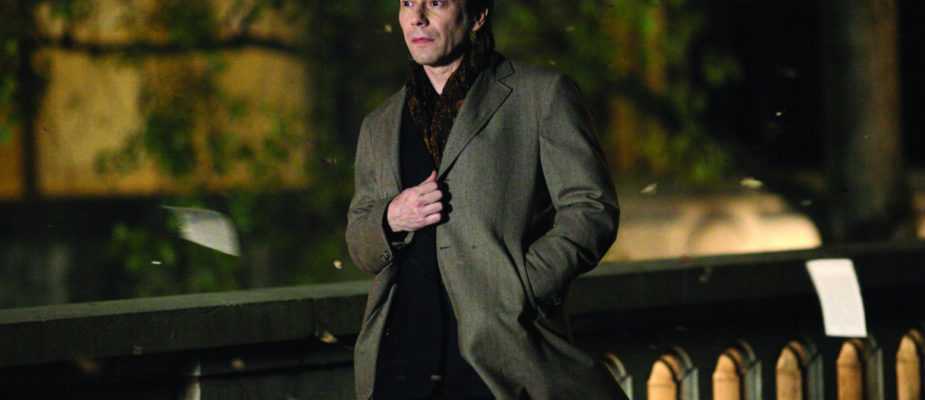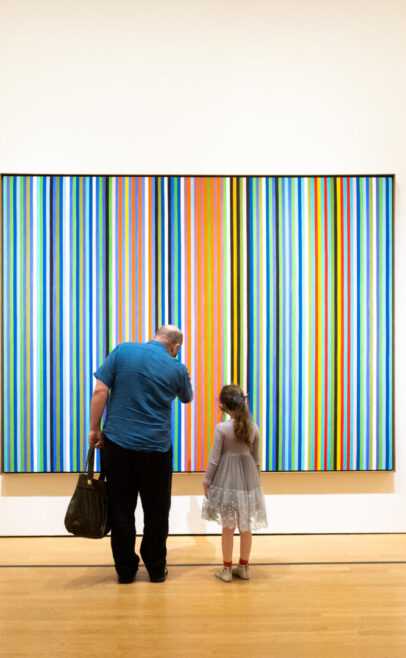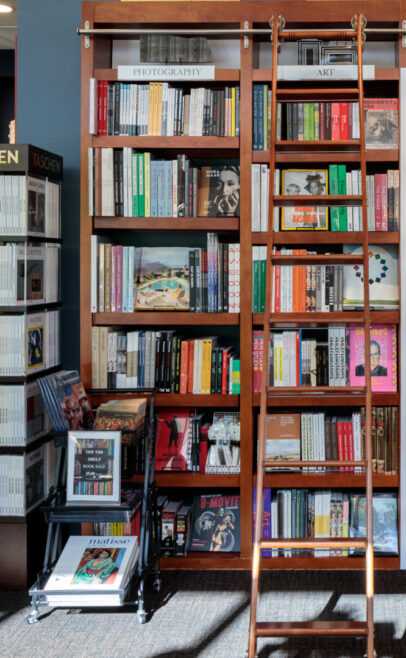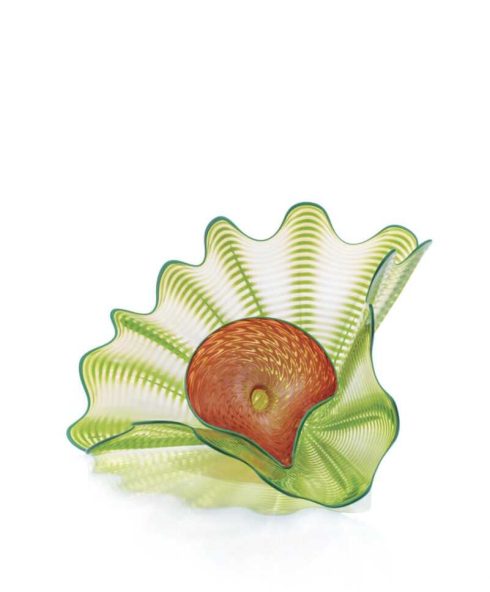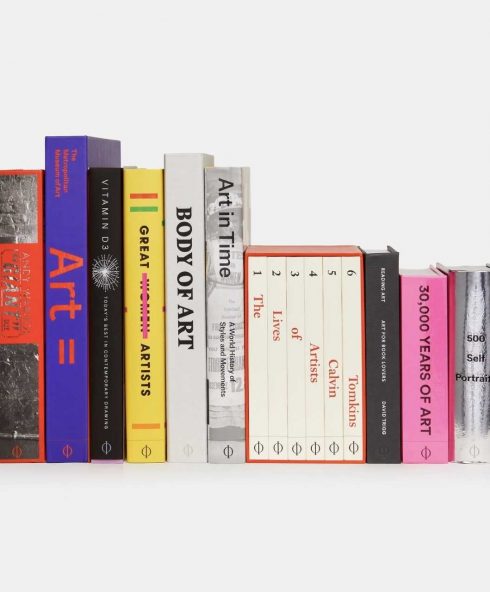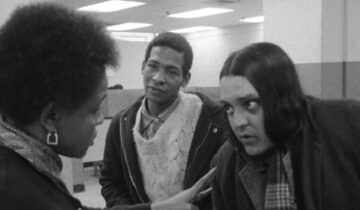It can be difficult to write about the films of world-class, mid-career French director Arnaud Desplechin (Kings and Queen, A Christmas Tale), though not because his work is, on the whole, any more challenging than most art-house fare. (Or because his films lack an authorial vision and distinctive style; nothing could be further from the case.) This difficulty seems especially true with respect to the director’s marvelous latest, My Golden Days (Trois souvenirs de ma jeunesse, 2015), which ironically may be the most conventionally entertaining and accessible work of the filmmaker’s two-plus decade career. The challenge in writing about Desplechin, and My Golden Days in particular, is in identifying and articulating those difficult to express qualities that make his comparatively intuitive films so singular and effective–without resorting to not terribly meaningful plaudits. (Though, facing the possibility that the film will allude me in this writing, let me also simply urge readers to see this, the best French film of the past twelve months.)
My Golden Days is structured novelistically in three imbalanced chapters–to which Desplechin also adds a short epilogue–which tell the story of Paul Dédalus (played by three actors) in early adolescence, on the occasion of a class-trip to Minsk, and in the most turbulent and passionate romantic relationship of his late teens and early twenties. (Dédalus, it should be noted, is also the protagonist of the director’s great My Sex Life… Or How I Got Into an Argument [1996], which joins the hero later in life, as he struggles with finishing his doctorate; My Golden Days is therefore a prequel, however loose.) As Desplechin cycles through these three moments and periods in Dédalus’s early life, his film moves from genre to genre, from family melodrama and childhood memoir to espionage thriller (the Minsk incident and the related interrogation that presages Dédalus’s recollections) and finally romantic melodrama. Dédalus himself recognizes the film’s generic hybridity during the film’s epilogue (where we see the third Dédalus, My Sex Life…’s Mathieu Amalric), asking a former friend how he didn’t learn the moral “code” from the popular entertainments upon which they were raised–as he lists a series of film genres.
If there is a key to Desplechin’s cinema, it is there pronounced formal and stylistically diversity that reinforces the aforementioned generic flexibility. Beyond My Golden Days’s reliance on a variety of story archetypes, Desplechin cycles through an assortment of visual devices that break from more standard illusionistic practices: across the length of the film, we see a series of irises (reminiscent of silent-film practice); jump-cuts; split-screens (with Dédalus occupying multiple panels as Desplechin uses the practice to show temporal progression rather than simultaneity); and characters addressing each other directly into the camera (often in reciting letters they’ve written, in the fashion of the director’s Kings and Queen). In a word, Desplechin’s film, like all of his best work (My Sex Life…, Kings and Queen, A Christmas Tale), feels free; he pulls from the scrapheap of discarded cinematic devices to create an art that consistently maintains an impression of freshness and originality.
While My Golden Days in the above respective calls attention to its mode of storytelling (as it does likewise in its fragmentary combination of stylistic techniques with bold musical cues, and all in a manner that succeeds in placing the film within the tradition of France’s nouvelle vague), the film also does possess the virtues of a more naturalistic tradition, with which (like A Christmas Tale especially) it shares a robust sense of family life and familial relations, of a world that feels very lived in or alive — which might just be the key word when considering Desplechin’s cinema.
Of course there is more to the overtly subjective and personal My Golden Days than just its impression of vitality and the vividness of its familial portrait. This is also, and indeed foremost a film of mad love, of an all-consuming, lusty passion that possesses Dédalus (played in this instance by Quentin Dolmaire, one of the film’s three Paul’s) and the object of his desire, Esther (Lou Roy-Lecollinet) for a period of six years. The “Esther” chapter of the film, in fact, occupies the vast majority of the film’s running time, in this sense confirming in its continued importance to the middle-aged Paul (Amalric), as it also, once again, subverts narrative expectation; that is, the Esther chapter completely overwhelms the other two — even if the Minsk section remains essential to Dédalus’s idea of self later in life (as someone who heroically gave away his identity in the former U.S.S.R., and whose youth came to a conclusion with the fall of the Berlin Wall).
Ultimately, this is a film about that teenage feeling — the very quality that makes My Golden Days so accessible and pleasurable, and at the same time difficult to describe. This is a film to be swept away in emotion, even as the moment-to-moment diversity of its techniques forge a storytelling style that doesn’t let us forget that we are watching a film. My Golden Days is at once dizzy in its recollections of Dédalus’s romantic past, and infatuated with the possibilities that cinematic form allows.
My Golden Days screens Friday-Sunday, April 8-10 & Thursday, April 14 at the Oklahoma City Museum of Art. Tickets are available here.
